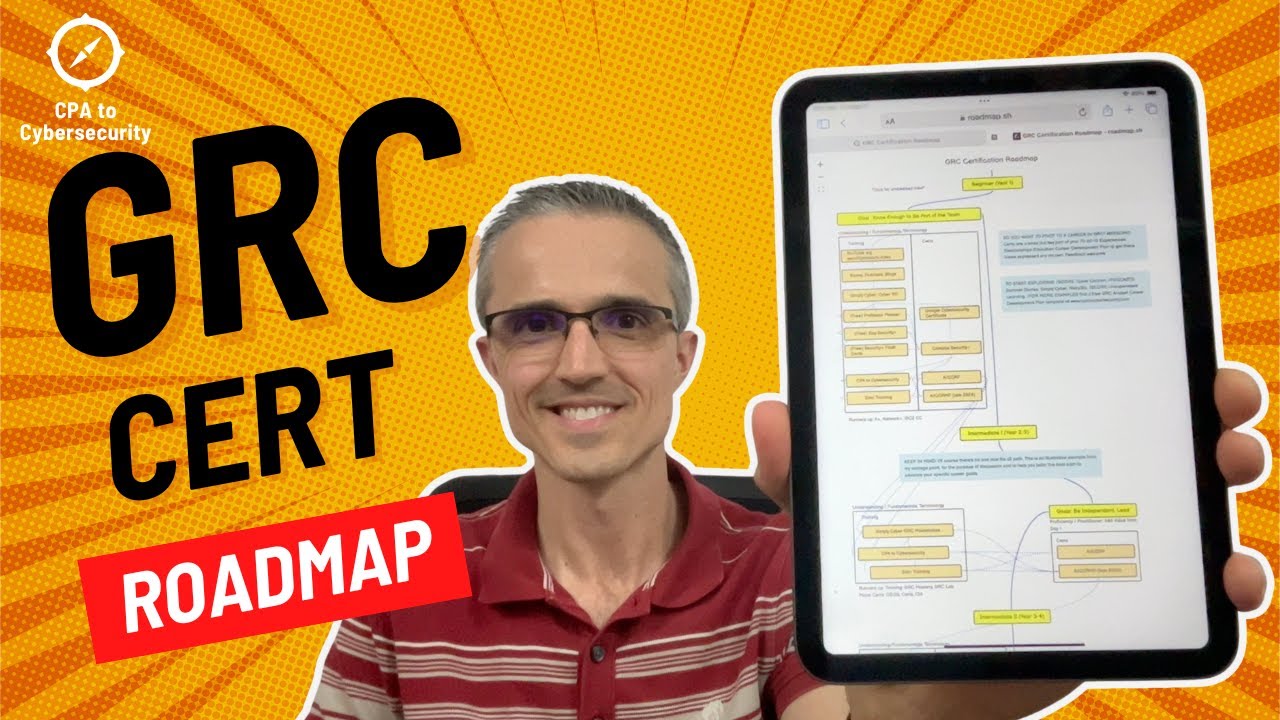How to become an Expert on Codeforces | Tips and Topics for each Rating from Newbie to Specialist
Summary
TLDRIn this video, Priyan Agarwal offers a comprehensive roadmap for advancing from a novice to an expert on Codeforces. He emphasizes mastering a programming language, understanding time and space complexity, and learning essential math concepts. For different rating levels, he suggests specific topics and strategies, such as binary search for pupils and dynamic programming for specialists. Agarwal also provides tips like focusing on implementation skills and avoiding irrelevant topics, and recommends resources like CP Algorithms and his CP31 problem set for structured learning.
Takeaways
- 😀 Priyan Agarwal provides a roadmap for Codeforces users to progress from newbie to expert.
- 🎯 The video targets three main rating groups on Codeforces: Newbie, Pupil, and Specialist.
- 🛠 For newbies, mastering a programming language and understanding time and space complexity are crucial.
- 🧠 Newbies should focus on learning basic math concepts, recursion, and inbuilt functions of their programming language.
- 📈 Tips for newbies include not rushing through topics, building strong implementation skills, and staying motivated.
- 🔍 Pupils should concentrate on advanced topics like binary search, number theory, prefix sums, and greedy algorithms.
- 🌟 For pupils, tips involve solving ad-hoc problems, participating in contests, and applying learned concepts.
- 📚 Special attention is given to mastering binary search and greedy algorithms for those rated as pupils.
- 🏆 As a specialist, topics like two pointers, advanced number theory, dynamic programming, and graphs become critical.
- 📘 Tips for specialists include proving approaches, reading blogs for deeper understanding, and avoiding irrelevant topics.
- 📝 The video also mentions resources like CP Algorithms and the CSS problem set for further learning.
Q & A
What is the main goal of the video presented by Priyan Agarwal?
-The main goal of the video is to provide a comprehensive roadmap for individuals to improve their coding skills on Codeforces, with the aim of advancing from a newb to an expert level.
Why is it important to master a programming language according to the video?
-Mastering a programming language is crucial because it enables you to implement 90% of the logic that comes to your mind without needing to rely on external help, which is essential for competitive programming.
What is the significance of understanding time and space complexity in competitive programming as per the video?
-Understanding time and space complexity is significant because it allows you to write efficient code. Efficiency in coding is judged through these complexities, which is a key aspect of competitive programming.
What are the three important tips given for newbs on Codeforces?
-The three tips for newbs are: 1) Do not run after advanced topics too soon, 2) Focus on building strong implementation skills, and 3) Do not get disheartened by the initial challenges and focus on building fundamentals.
Why is binary search advanced emphasized for pupils on Codeforces?
-Binary search advanced is emphasized for pupils because it involves understanding monotonic functions and is a fundamental technique that can be applied to many problems, making it a crucial skill to master.
What is the role of number theory in advancing from a pupil to a specialist on Codeforces?
-Number theory plays a pivotal role as it involves mastering concepts like Sieve of Eratosthenes and the Ukkonen algorithm, which are often the basis for many problems on Codeforces.
How does the video suggest improving implementation skills for competitive programming?
-The video suggests improving implementation skills by focusing on solving a lot of problems, ensuring that when a logic comes to mind, one should be able to code it out efficiently.
What is the advice for pupils on Codeforces regarding the habit of solving ad-hoc problems?
-The advice is to get into the habit of solving ad-hoc problems, which do not require specific topics but rather logical thinking, to enhance problem-solving skills.
Why is dynamic programming considered the most important topic after binary search in competitive programming?
-Dynamic programming is considered the most important topic after binary search because many problems on Codeforces are based on dynamic programming ideas, and mastering it is essential to becoming a competitive programmer.
What are some additional topics that can increase the chances of becoming an expert on Codeforces as mentioned in the video?
-Some additional topics that can increase the chances of becoming an expert include graphs, trees, binary lifting, segment trees, and range query data structures like Fenwick or Sparse tables.
What is the significance of the TLE Eliminators course mentioned in the video?
-The TLE Eliminators course is significant as it provides a structured learning environment with live classes, curated practice problems, and instant doubt support, helping to teach relevant topics and improve problem-solving skills for competitive programming.
Outlines

此内容仅限付费用户访问。 请升级后访问。
立即升级Mindmap

此内容仅限付费用户访问。 请升级后访问。
立即升级Keywords

此内容仅限付费用户访问。 请升级后访问。
立即升级Highlights

此内容仅限付费用户访问。 请升级后访问。
立即升级Transcripts

此内容仅限付费用户访问。 请升级后访问。
立即升级浏览更多相关视频

Wuthering Waves Guide for DUMMIES: 25 Tips EVERY Player Needs

My Competitive Programming Journey (and how to practice)

Beginner to Hired in 2024: Niche Front-End Developer Roadmap

Nothing Can Stop you from Competitive Programming After This!!!

Learn DIGITAL MARKETING In 2024: FULL ROADMAP 🚀 | Build A Career In Digital Marketing

GRC Certification Roadmap v1.0: Recommended Training and Certs #cybersecurity #grc
5.0 / 5 (0 votes)
